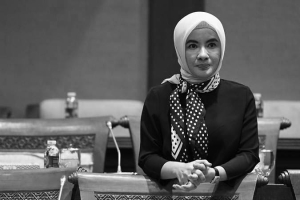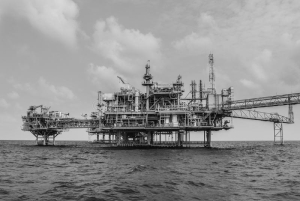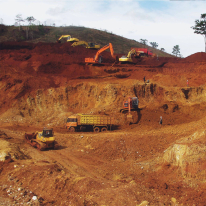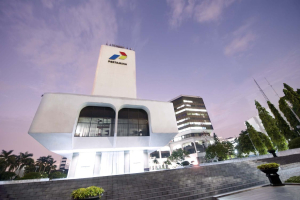Renewable energy success in Bondan village amidst limitation
PT Kilang Pertamina Internasional (KPI) has utilized the Hybrid Energy One Pole (HEOP) technology that offers renewable energy through solar panel and wind power since 2017. The technology helps pave the way to more renewable energy implementation at Bondan village, Ujung Alang district, Cilacap regency, Central Java.
KPI is a subholding of state-owned oil and gas giant PT Pertamina. The subholding focuses for future investment and megaproject business in refinery and petrochemical. Currently, the company has 6 refineries namely Refinery Unit (RU) II Dumai, RU III Plaju, RU IV Cilacap, RU V Balikpapan, RU VI Balongan, and RU VII Kasim. The refineries has the capacity to produce 1,031 million barrels of oil per day (mbopd) or 90% of the country's total capacity.
Energy transition
KPI has been transitioning energy toward renewable energy in 2022. The company has succeeded in delivering its first renewable diesel for green electricity generator for the G20 event in Bali in November.
In 2022, KPI RU IV Cilacap operates its Independent Energy, Solar Wind, and Self-Energy for Fish Ponds (E-mas Bayu & E-Mbak Mina) in Bondan village, with a capacity of 16,200 Watt Peak (WP) that is produced from five windmills and 24 solar panels.
The village - which 98% of its population are fish farmers - is under-developed and has many social and economical problems. The presence of the power plant has significantly helped villagers economically as they could reduce their living cost for buying clean water. The area's economic growth has also increased by 60%.
Costly technology
However, the new technology is located remotely in Central Java and far from available infrastructure. The location of the village can only be reached by using a boat which takes around 90 minutes.
The village is underdeveloped with 80% of its population being categorized as very poor (Rumah Tangga Sasaran) with low education levels. The majority villagers are working as seasonal fishers and pond workers and have limited access to transportation and communication.
Building solar and wind power with HEOP technology is costly due to limited access to transportation and communication at the underdeveloped village.
Already have an account? Sign In
-
Start reading
Freemium
-
Monthly Subscription
30% OFF$26.03
$37.19/MonthCancel anytime
This offer is open to all new subscribers!
Subscribe now -
Yearly Subscription
33% OFF$228.13
$340.5/YearCancel anytime
This offer is open to all new subscribers!
Subscribe now






